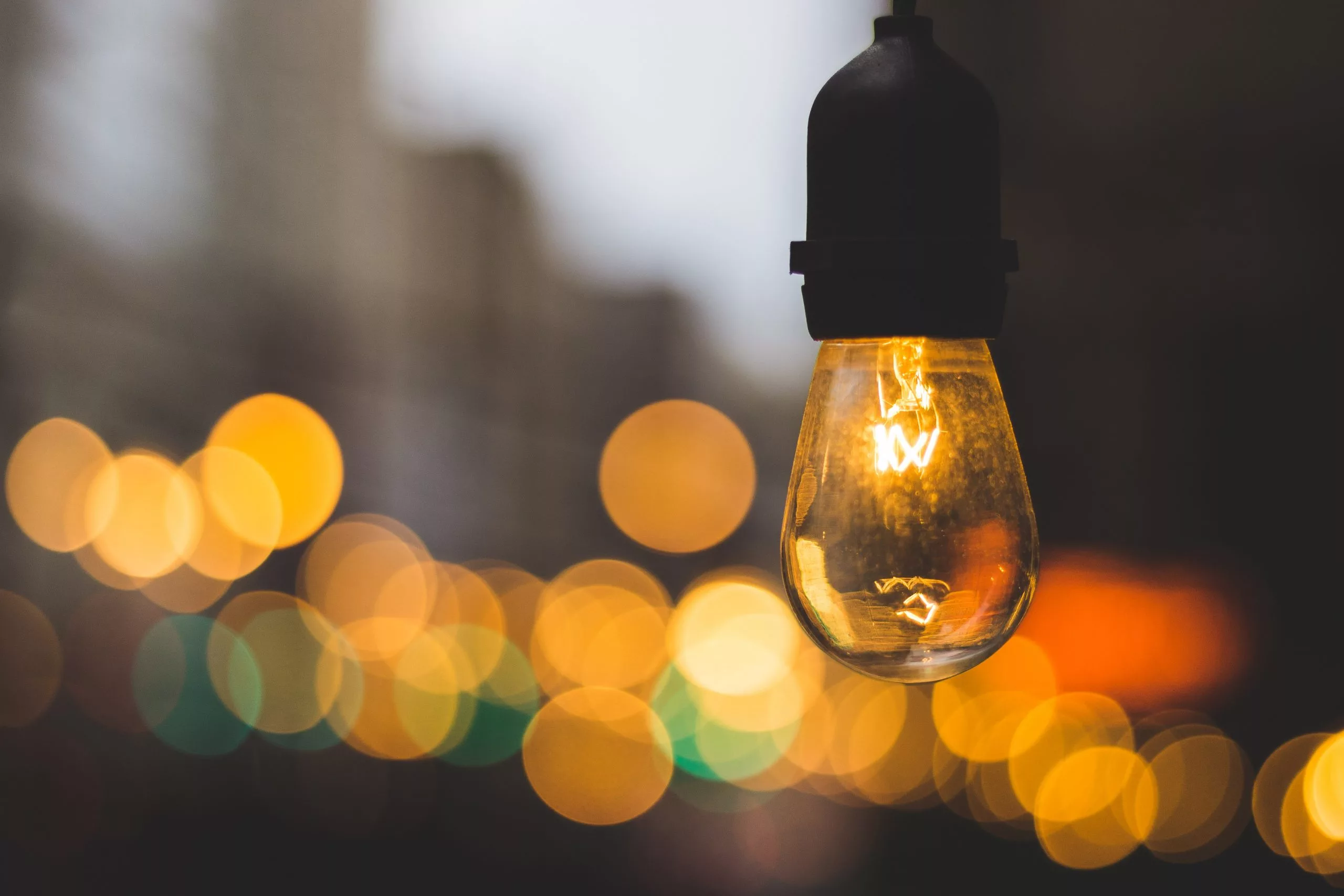
“I cannot afford to be trivial… this is an apocalyptic moment.”
—June Jordan, poet and activist
Just over one year ago, chief executives of 184 large, public and multinational companies signed a document declaring the need to move away from shareholder primacy and to run their companies for the benefit of workers and communities, not just shareholders. To many of us, this action by The Business Roundtable seemed to signal a tipping point, when business and social good were finally going to start to intersect, or at the very least, businesses would have the mandate (freedom?) to stop doing so much harm.
A year later, most would argue that the signing did very little and that we still have an impossibly long way to go. While little might have changed on the business front, what has shifted is how vocal the American people are being. They are demanding companies step up and are no longer accepting empty marketing or empty promises.
Shortly after the murder of George Floyd and the start of the Black Lives Matter protests, notable brands, such as Starbucks, Antrhopologie, Adidas, and Microsoft were all called out for posting messages of solidarity while their actions and policies showed something different. This parallels the fact that Marriott was one of the signatories of the Business Roundtable letter last year and, in April, they were called out for immediately furloughing workers, jeopardizing their access to healthcare, even as they paid out more than $160 million in quarterly dividends. These brands are not alone—and it seems to be all too common for brands to presume a statement is enough to appease consumers.
Which isn’t to say that there weren’t brands who did commendable things. There were. EA Sports even reintroduced the Colin Kaepernick character into Madden NFL 21. And many brands donated large sums of money (or have pledged to) to organizations that are working for equal justice. Nordstrom donated the time of their alterations team to make nearly 1 million masks for healthcare workers, Sysco donated 13.5 million meals in just four weeks, to nonprofits like Feeding America and Second Harvest, and we all know a distillery that started making hand sanitizer.
Andrew Yang even launched the 1K Project, in partnership with Humanity Forward, to match donations up to $1 million to families economically affected by COVID-19. (Side note: If you know someone who could benefit from this, I urge you to nominate them, I know several people who received a $3,000 grant from this program.)
All in all, it feels like things are pretty much business as usual. Some companies are making big, bold statements and doing little, other companies are putting money behind their statements, and a select few are putting actions behind their money and their statements. While the numbers may be swinging slightly more toward the last option, for the most part, the response to COVID-19, the Black Lives Matter protests, and even the current fires on the West Coast are similar to what one would expect.
The reality is that these lackluster responses are no longer anywhere near enough.
I generally tend to agree with people like Paul Jarvis, who say that we must avoid getting caught up in the “not-enoughing,” that we can’t be convinced small actions can’t be totaled together to build momentum for lasting social change. Every time someone says to me, “You can’t really believe that if no human ever used another plastic straw, we could solve climate change, do you?” I have responded by explaining that it is about the momentum, about making a statement, and about signaling to governments and companies that we want to take care of our planet.
And, as my daughter, Emma, is known to say, “Two things can be true.”
The second truth we are facing today is the reality that companies absolutely have to do better. It’s not just the American people who are screaming for change. Our planet is screaming at us to mitigate the rising temperatures in any way possible. We are in a crisis.
The positive responses from companies noted above were born out of a crisis. The problem is that businesses are reacting to them as though they are one-off or individual crises that can be solved with solidarity, money, and some policy changes. Instead, they are signals of what is to come and the most pronounced call to action to use the most innovative solutions we can come up with to balance the devastating effects we are experiencing right now, as the result of generations of horrible decision making, fueled by capitalism and patriarchy.
We need the kind of responses that we saw in recent months to become the motivation for how business moves forward.
- Instead of Nike posting “For once, just don’t do it,” we need them and every other corporation to figure out how to change the ratio of BIPOC people in entry level jobs compared to executive positions.
- Instead of Andrew Yang donating a million of his own dollars to match funds donated by the rest of us to help families economically affected by a pandemic, we need companies of every size and shape to start paying a living wage.
- Instead of Amazon pledging to be carbon neutral by 2040, while its carbon dioxide emissions increase and Jeff Bezos (and other billionaires) make billions of dollars a day, we need everyone who has too much money to start using it to make America the adaptable country it needs to be to survive the coming climate disasters.
Think that sounds like a tall order? It may be.
But not only is it exactly what our planet and the humans who inhabit it need, it is also 100% possible, as evidenced by people everywhere who are doing it, including the three icons I am featuring in this series.
- Emily Weltman, of Collective Flow Consulting, is helping businesses reimagine purpose to create, not a world with equal pay, but a world where pay is no longer a measure of success and equal pay is a byproduct of systemic equality.
- Kimberly Hogate, of Faceted Media, is paying her interns – and continued to do so while shut down from COVID-19, in addition to keeping her prices affordable for micro-businesses and solo entrepreneurs, while providing agency level service and results.
- Alex Diaz, of COMMON Future, has created Deep Adaptability, a toolbox to help companies use science and hope to become adaptable and survive the effects of climate change.
If they can do it, so can the rest of us. It’s no longer a nice-to-have; it’s not longer enough to take out a full page ad in the New York times calling for change; and it’s not longer acceptable to continue business as usual.
It has to be business as we have never seen it. Our people and our planet depend on it.
This article is part of a series by LaKay Cornell on innovation, to read the next article in the series click here.







